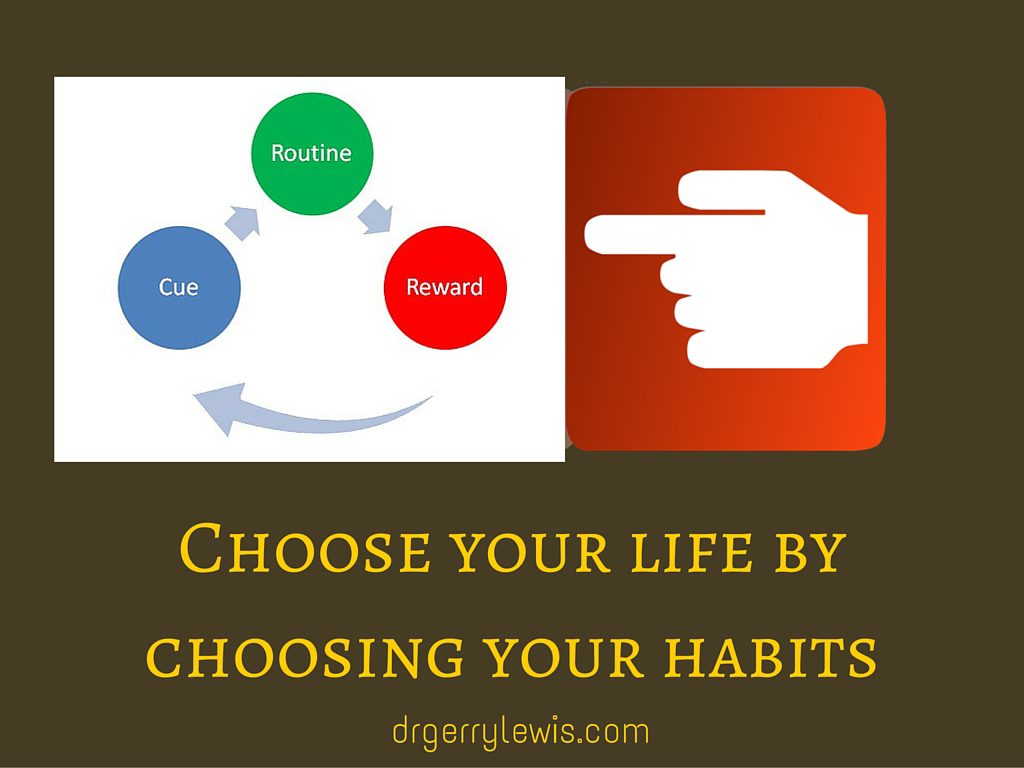The title of my podcast was “How washing dishes changed my life.” To fully appreciate the life-changing power of dish washing, you need to know how much I hate washing dishes — I mean real, serious, deep loathing! My mother made me wash dishes. I hated it then and I hate it now! In fact, when I was recently told that someone took a part time job as a restaurant dishwasher for $8 an hour, I said I wouldn’t do it for $80. I said that I would rather take a caning than wash dishes for a living. Of course that is a gross exaggeration, but you get the point.
Here’s the crazy part: Since October, 2015, I have only missed four nights of washing dishes before going to bed (when home). Four nights in eight months!
This life-changing habit was inspired by reading “The Power of Habit,” by Charles Duhigg. In the book, he described what is known as the “Habit Loop.” Based on research into the brain science of why we do what we do, he identified the loop of “cue, routine, reward.” When we experience certain cues, we develop routines (habits) to give us desired rewards.
Here was the big Ah-hah for me: We will have limited success in changing our habits until we identify better rewards. So, I now do something that I hate every night because of the reward it brings me when I walk into the kitchen each morning and there are no dirty dishes on the counter or in the sink. How I feel at that moment is the big payoff (reward).
That one habit change has convinced me that we can change our lives by changing our habits, but we will not change our habits if we do not identify new rewards. No matter how hard we try to change the routine, we will fail if we don’t identify a new reward.
Jedi Master Yoda once told Luke Skywalker, “Try not. There is no try; only do.” In Psalm 101 the psalmist says, “I will,” twelve times in eight verses. Never once does He say, “I’ll try harder.”
In Ps 101 the psalmist says, I WILL, 12 times in 8 verses. Never once does He say, I'LL TRY HARDER. Click To Tweet
One of the habits many Christ-followers find difficult to develop is that of consistently spending time in prayer and meditation on God’s word at the beginning of each day. Could it be that we have the wrong reward in mind?
If the reward is that we can check “quiet time” off our “good Christian to-do list,” then the reward that comes from the routine of sleeping later may be more compelling.
But what if the reward is spending time conversing with the God who is great enough to speak the universe into existence and yet near enough to care about what happens in my life today?
How might our lives change on so many levels if our habits developed out of the awareness of how much our lives matter to Him?




